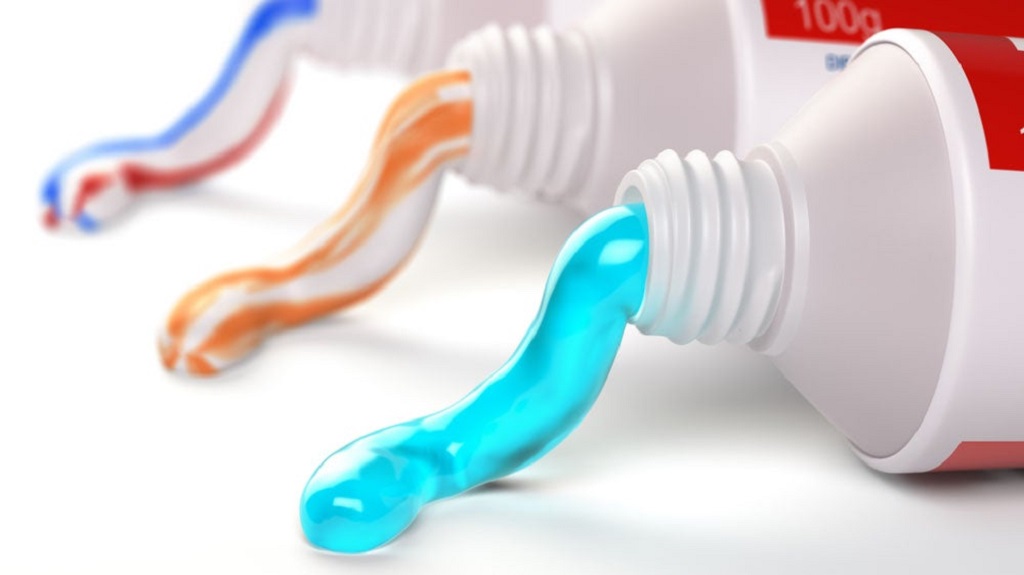Are you tired of reaching for a mint or gum every time you want to combat bad breath? The solution may be simpler than you think: it all starts with your toothpaste. Yes, your choice of toothpaste plays a crucial role in maintaining fresh breath throughout the day. In this article, we’ll delve into the world of oral hygiene and explore why your toothpaste selection matters more than you might have realized.
The Power of Minty Freshness
Understanding the Basics
To grasp the significance of your toothpaste choice, let’s start with the basics. Your mouth is a bustling ecosystem of bacteria, some of which are responsible for causing bad breath. These bacteria release sulfur compounds, which are the main culprits behind unpleasant odors.
The Role of Toothpaste
Your toothpaste isn’t just for scrubbing away food particles and plaque; it can also work as a shield against bad breath. Quality non gel toothpaste contains active ingredients that target odor-causing bacteria, leaving you with a minty fresh sensation.
Ingredients Matter
Antimicrobial Agents
One crucial factor to consider when choosing toothpaste is the presence of antimicrobial agents. Ingredients like triclosan and zinc can help reduce the growth of bacteria, leading to long-lasting freshness.
Fluoride and Its Benefits
Fluoride is another key ingredient that goes beyond cavity protection. It can strengthen tooth enamel and combat acid-producing bacteria, promoting a healthier teeth, mouth, and fresher breath.
Types of Toothpaste
Natural vs. Conventional
The market offers a wide array of toothpaste options, from natural and organic to conventional brands. While natural toothpaste may appeal to some, it’s essential to ensure they contain the necessary active ingredients for combating bad breath.
Specialized Variants
Specialized toothpaste variants exist for addressing specific concerns like gum problems, sensitivity, and, yes, bad breath. Explore these options if you’re dealing with more than just occasional breath issues.
Daily Routine and Technique
Brushing Habits
The way you brush your teeth matters too. Make sure you’re brushing for at least two minutes, reaching all surfaces of your teeth and your tongue, where odor-causing bacteria often reside.
Don’t Forget to Floss
Flossing is often overlooked, but it’s a crucial step in maintaining fresh breath. It removes food particles and bacteria from between your teeth and gums, preventing bad breath at its source.
Lifestyle and Diet
Hydration Matters
Staying hydrated keeps your mouth moist, preventing the buildup of bacteria that thrive in dry conditions. Drink plenty of water throughout the day to support fresh breath.
Watch What You Eat
Certain foods, like garlic and onions, are notorious for causing bad breath. Limiting their consumption can help you maintain a more pleasant scent.
Conclusion
In conclusion, your toothpaste choice plays a vital role in your quest for fresh breath. By selecting a toothpaste with the right ingredients and maintaining good oral hygiene practices, you can enjoy long-lasting minty freshness.
FAQs
- Can I use any toothpaste for fresh breath?
While many toothpaste brands claim to freshen breath, it’s essential to choose one with antimicrobial agents and fluoride for the best results.
- How often should I brush my teeth for fresh breath?
Brush at least twice a day for two minutes each time, and don’t forget to brush your tongue.
- Are natural toothpaste options effective against bad breath?
Some natural toothpaste brands can be effective, but be sure to check for the presence of odor-fighting ingredients.
- Can bad breath be a sign of a more serious dental issue?
Yes, persistent bad breath can indicate underlying dental problems, so consult a dentist if it persists despite good oral hygiene.
- Are mouthwashes necessary for fresh breath?
Mouthwashes can complement your oral care routine, but they shouldn’t replace proper brushing and flossing.





